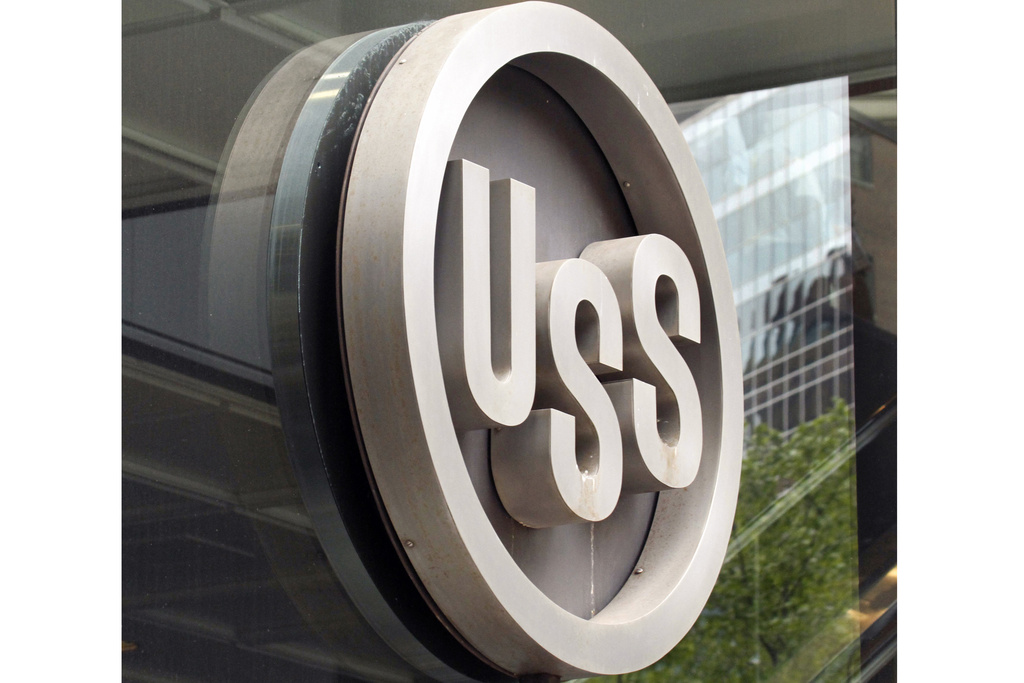White House spokesperson Kush Desai said that trade deficits amount to a national emergency “that has decimated American communities, left our workers behind, and weakened our defense industrial base — facts that the court did not dispute.”
The administration, he said, remains “committed to using every lever of executive power to address this crisis and restore American Greatness.”
Trump might still be able to temporarily launch import taxes of 15% for 150 days on nations with which the U.S. runs a substantial trade deficit. The ruling notes that a president has this authority under Section 122 of the Trade Act of 1974.
The case was heard by three judges: Timothy Reif, who was appointed by Trump, Jane Restani, named to the bench by President Ronald Reagan and Gary Katzman, an appointee of President Barack Obama.
“The Worldwide and Retaliatory Tariff Orders exceed any authority granted to the President by IEEPA to regulate importation by means of tariffs,” the court wrote, referring to the 1977 International Emergency Economic Powers Act.
The ruling left in place any tariffs that Trump put in place using his Section 232 powers from the Trade Expansion Act of 1962. He put a 25% tax on most imported autos and parts, as well as on all foreign-made steel and aluminum. Those tariffs depend on a Commerce Department investigation that reveals national security risks from imported products.
It was filed in the U.S. Court of International Trade, a federal court that deals specifically with civil lawsuits involving international trade law.














